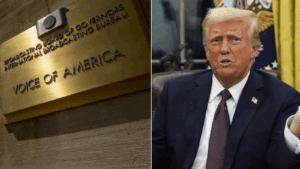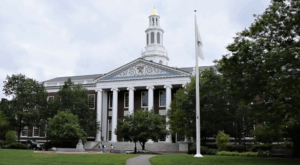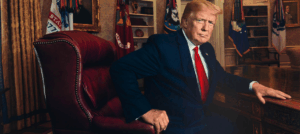A coalition of universities and law firms is pushing back against the Trump administration's recent measures threatening their independence, culminating in multiple lawsuits and public statements against what they describe as an unprecedented overreach.
Universities and Law Firms Unite Against Trump Administration Policies

Universities and Law Firms Unite Against Trump Administration Policies
Harvard leads the charge as institutions speak out against governmental pressure and political interference.
In a striking turn of events, a number of prominent American universities and law firms are finding themselves caught in a complex moral and ethical dilemma as they navigate the political landscape shaped by the Trump administration. This tension has escalated, particularly as institutions contend with retribution from the administration for perceived "woke" practices and political affiliations.
Initially, many law firms and universities were forced to grapple with the choice of either complying with the administration’s demands or standing firm, a scenario reminiscent of the classic prisoner’s dilemma. Institutions like Columbia University opted to strike early deals with the White House, with the hope of sidestepping severe backlash. However, recent developments indicate a significant shift in this strategy, as institutions are banding together against these pressures.
Harvard University recently made headlines by asserting it would not yield to the demands it deemed illegal, paving the way for an increasingly vocal opposition. In a powerful statement, over 400 university leaders declared, “We speak with one voice against the unprecedented government overreach and political interference now endangering American higher education.”
Simultaneously, several major law firms took legal action against the executive orders targeting them, successfully obtaining temporary injunctions. This collective effort has garnered support from hundreds of other firms, strengthening the resolve of those who wish to resist the administration’s encroachments. In a notable development, major corporate clients like Microsoft have chosen to distance themselves from firms that aligned with the Trump's policies, opting instead to engage those that reject such accommodations.
As this standoff intensifies, it raises questions about the future relationship between higher education, the legal profession, and the political landscape, leaving many to wonder how institutions will navigate this tumultuous environment moving forward.






















